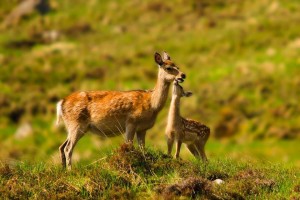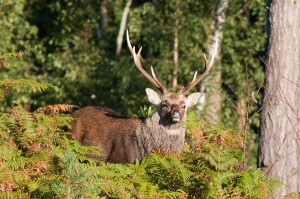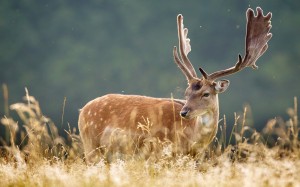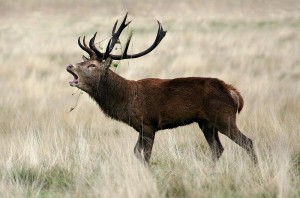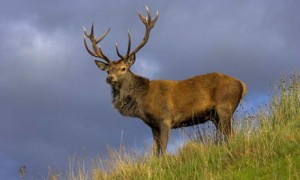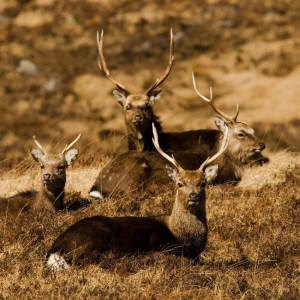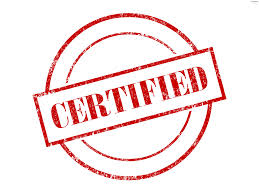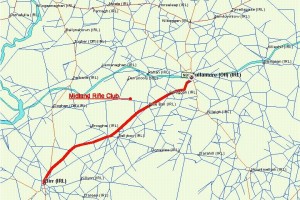
The following Candidates are eligible to participate in the next scheduled HCAP Range Test, which will take place on Saturday 31 August 2013 at the Midland Range, Blue Ball, Tullamore, Co. Offaly. The list includes all most recently qualified candidates from MCQs in 2013 not already certified. Candidates from 2012 or earlier who are approved as eligible from previous MCQs, or Repeat Candidates from previous Range Tests, and not listed below, are advised to confirm eligibility with Deer Alliance HCAP (email or text only please, deeralliance@gmail.com, 086 1927 845).
Candidates should familiarise themselves fully with the requirements for all candidates shooting at the Midland Range (see separate posting on this blog).
Barlow, Gavin, 2013/0076
Bradley, Luke, 2013/0114
Brady, Maurice, 2013/0110
Byrne, Michael, 2013/0060
Byrne, Stephen, 2012/0095
Carolan, Colm, 2013/0108
Casey, Ken, 2013/0130
Casey, Jerry, 2013/0068
Coady, Mark, 2013/0073
Collard, Stephen, 2013/0066
Condon, Thomas, 2013/0075
Connolly, Stephen, 2013/0116
Daly, Brendan, 2013/0118
Delapp, Pat, 2013/0102
Dempsey, Timothy, 2012/0060
Dillon, Eric, 2012/0093
Doheny, Barry, 2013/0017
Dunne, Jonathan, 2012/0066
Duggan, Mike, 2013/0067
Farrell, Sean, 2013/0071
Fergus, James, 2013/0107
Fleming, Mike, 2013/0072
Flynn, Patrick, 2013/0001
Galant, Marcin, 2013/0083
Gibbons, Daniel, 2013/0103
Glynn, Ross, 2013/0028
Harkin, John, 2013/0117
Hendrick, Earl, 2013/0097
Horan, John, 2013/0096
Hughes, David, 2013/0124
Hughes, Jamie, 2013/0125
Kane, Brian, 2013/0082
Kane, Robert, 2013/0105
Kavanagh, Jonathan, 2013/0113
Kennedy, John, 2013/0122
Kenny, Peter, 2013/0127
Kelleher, Damien, 2013/0043
Kelliher, Denis, 2013/0057
Kelliher, Michael, 2013/0056
Kelly, Stephen, 2013/0080
King, Patrick J., 2012/0073
Lees, Kieran, 2013.0055
Markey, Brendan, 2013/0078
McAndrew, Pat, 2013/0106
McIlmale, Gerard, 2013/0094
McKeown, Nick, 2013/0088
Moore, Alan, 2013/0074
Morehead, Oscar, 2013/0119
Morgan, Gary, 2013/0121
Mulvany, David, 2013/0009
Murphy, James, 2013/0123
Naghten, John, 2013/0095
O’Brien, Barry G., 2013/0089
O’Brien, Ciaran, 2013/0090
O’Connor, John, 2013/0070
O’Neill, Liam, 2013/0086
O’Donoghue, Enda, 2013/0098
Porter, Paul, 2013/0099
Randle, Joseph, 2013/0100
Reibisch, Momme, 2013/0091
Ruane, James, 2013/0093
Scully, Declan, 2013/0024
Somers, Niall, 2013/0051
Smith, Stephen, 2013/0092
Smyth, Aaron, 2013/0104
Thompson, Bernard, 2013/0069
Woulfe, James, 2013/0046
Wyse, Bernard, 2013/0085
Young, Mervyn James, 2013/0120


